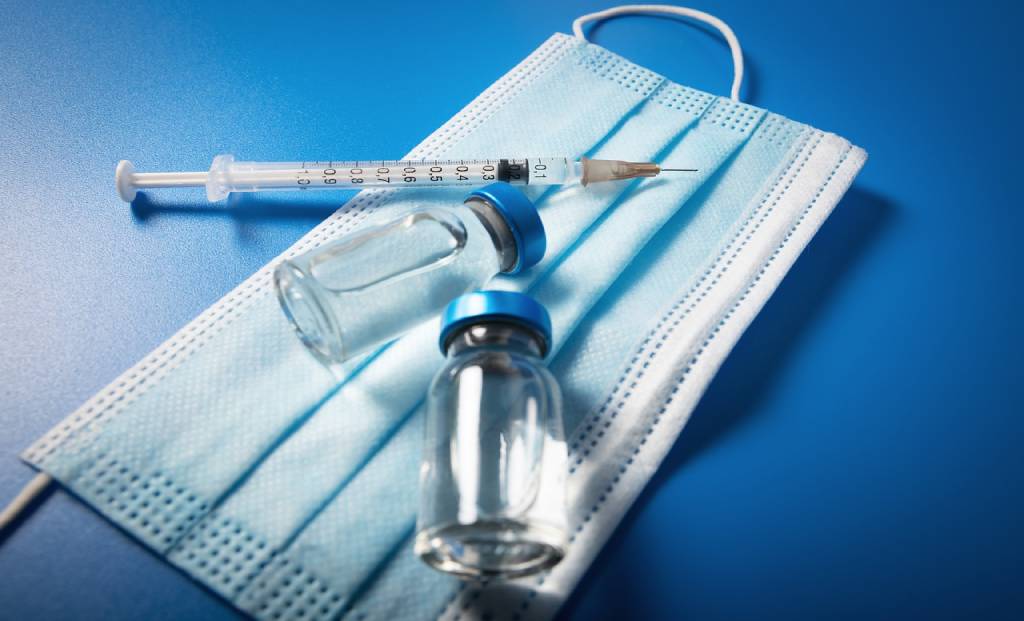Several countries around the world have been administering booster doses of COVID-19 for quite some time. India too has started giving ‘precautionary dose’ to healthcare and frontline workers along with those who are above the age of 60 years with comorbidities. At the moment, the precaution dose is being recommended only after 9 months from the date of completion of full vaccination. While many people were trying to understand the logic behind this 9-month gap, a new study has shown that 30 per cent of people lose COVID-19 vaccine-acquired immunity after six months.
The study was conducted by AIG Hospitals along with the Asian Healthcare Foundation. According to a release, the study involved 1,636 fully vaccinated healthcare workers.
“We are seeing a surge of infection across the country. Fortunately, the severity of the disease is mild because of multiple factors including the effect of vaccination, the intrinsic character of the variant itself, and natural immunity amongst the population. However, we need to devise strategies that can ensure minimal spread and protect as many people as possible. The study aimed to understand the effectiveness of current vaccines over the long-term and see if there are specific population demography who need a booster at the earliest,” Dr. D Nageshwar Reddy, Chairman, AIG Hospitals said.
The study also showed that younger people have more sustained antibodies. This means, that immunity waning is directly proportional to age. It clearly found that people who are above the age of 40 years with co-morbidities have considerably less antibody response after 6 months of getting fully vaccinated.
“Our study results were at par with other global studies where we found that almost 30% individuals had antibody levels below protective immunity level of 100 AU/ml after 6 months. These individuals were majorly above 40 years with co-morbidities like Hypertension and Diabetes. Out of the total, 6% did not develop any immune protection at all,” said Dr. Reddy who is also amongst the researchers.
According to Dr. Reddy, the 9-month gap recommended by the Centre is benefitting 70 per cent of the population. However, he emphasized that giving precautionary doses at a gap of six months must be considered for those with comorbidities.











